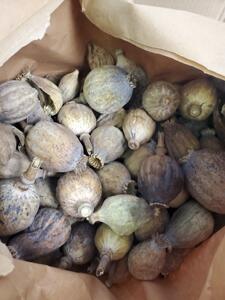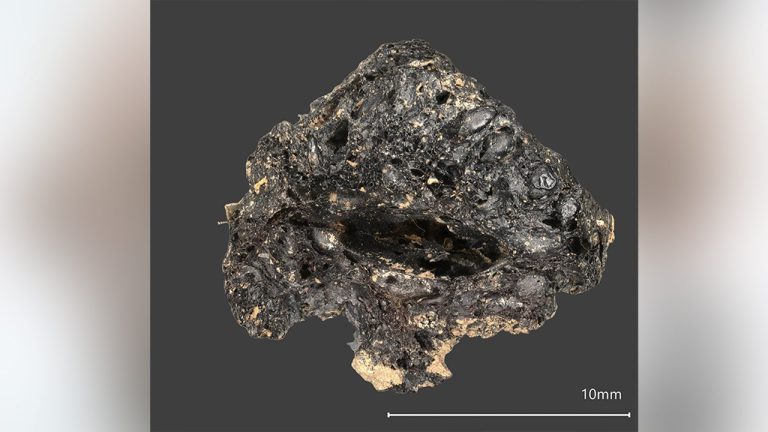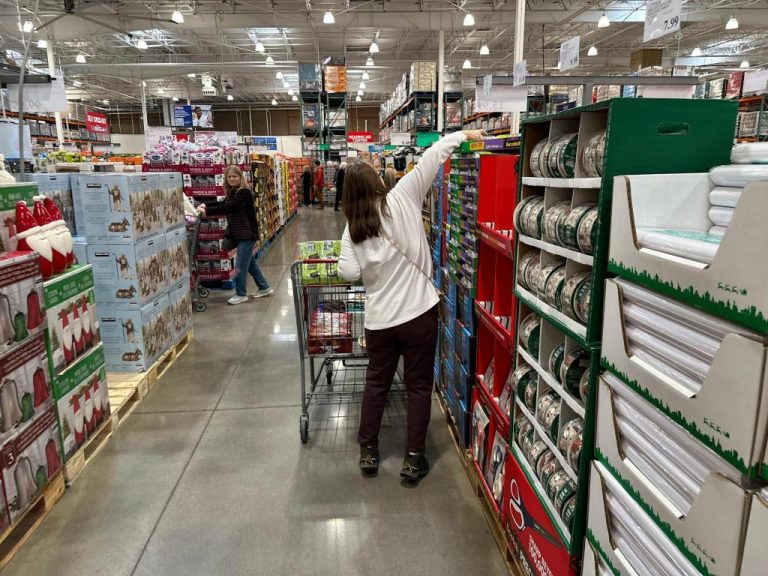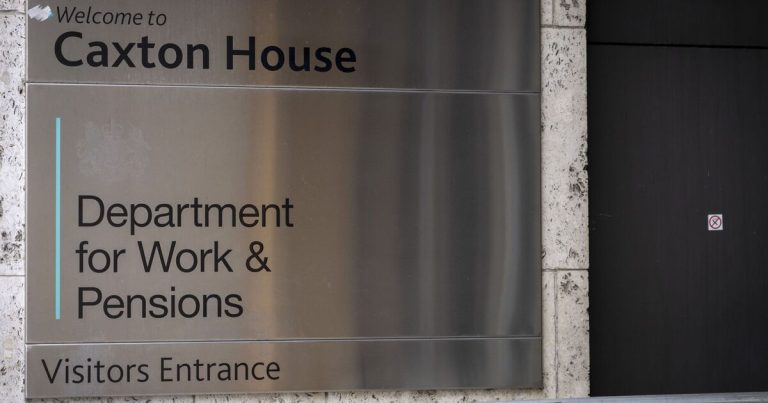
WILMINGTON, Delaware – U.S. Customs and Border Protection (CBP) officers intercepted a shipment of opium poppy pods in Wilmington, Del., on Wednesday that was destined to an address in Dover, Del.
Officers inspected the express delivery shipment, which arrived from the United Kingdom and was manifested as “Dried Cones Bulbs for Bouquets and Ornamental.” Inside the box, CBP officers discovered three paper bags that contained a combined 4.5 kilograms, or nine pounds, 14 ounces of poppy pods.
According to the Drug Enforcement Administration, opium is a highly addictive non-synthetic narcotic. Opium abuse may lead to severe physical and psychological dependence and can lead to an overdose. Morphine and codeine are naturally occurring opiates in opium poppies.
Some consumers illegally import opium poppy pods to brew into a tea. The poppy plant, including poppy pods, poppy straw, and poppy straw concentrate in either liquid, solid, or powder form are controlled under Schedule II of the federal Controlled Substances Act.
Poppy tea is consumed by users for its narcotic, analgesic, antidiarrheal, or psychoactive effects. However, according to the Department of Justice, some users have died from using poppy tea.
Only licensed entities may lawfully import opium poppies and only from legitimate sources in regulated countries. For example, the pharmaceutical industry lawfully imports and extracts opioid alkaloids from mature dried plants for medical purposes.
CBP officers seized the poppies for destruction.
“Communities across the United States continue to struggle with the opioid epidemic, and some individuals unnecessarily risk their health and safety illegally importing opium poppy pods,” said Erik Kelling, Acting Port Director for CBP’s Port of Wilmington, Del. “Customs and Border Protection officers remain committed to helping protect our communities by intercepting shipments of opioid products, including in their raw form, whenever we encounter them.”
CBP officers and agents seized an average of 2,895 pounds of dangerous drugs every day at our nation’s air, land and sea ports of entry. See what else CBP accomplished during “A Typical Day” in 2022.
CBP’s border security mission is led at our nation’s Ports of Entry by CBP officers and agriculture specialists from the Office of Field Operations. CBP screens international travelers and cargo and searches for illicit narcotics, unreported currency, weapons, counterfeit consumer goods, prohibited agriculture, invasive weeds and pests, and other illicit products that could potentially harm the American public, U.S. businesses, and our nation’s safety and economic vitality.
Learn more at www.CBP.gov.
Follow the Director of CBP’s Baltimore Field Office on Twitter at @DFOBaltimore for breaking news, current events, human interest stories and photos, and CBP’s Office of Field Operations on Instagram at @cbpfieldops.







